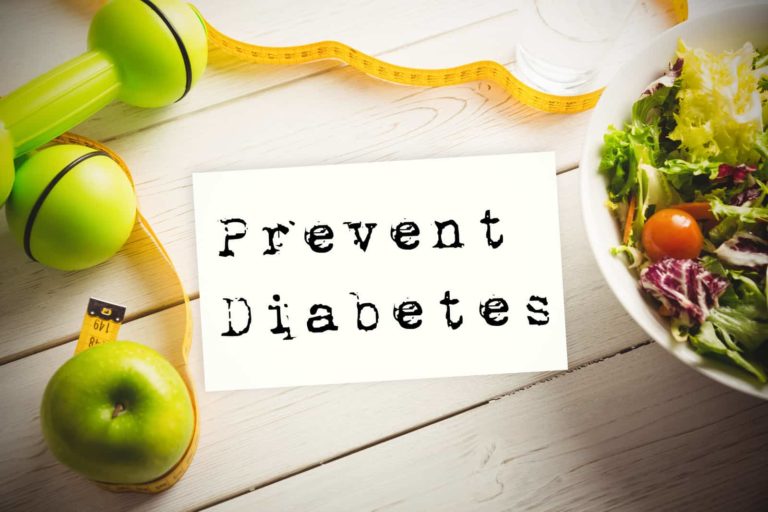Feeling like a total couch potato lately? Can’t seem to shake off those extra pounds despite your best efforts? Well, chances are you’re not up to speed on the whole metabolism and digestion thing going on in your body.
But hey, no sweat! We’ve got you covered with this blog. We’ll break down what these processes are, how they do their thing, and how factors like your lifestyle can affect them.
Metabolism: What It Is and How It Works
Metabolism, sometimes referred to as the chemical (metabolic), is a kind of process that takes place in your body when it converts the food that you eat into usable energy for your body. During this metabolism process, the calories from the food and drinks you have taken mix with the oxygen and provide the energy that your body needs!
In fact, even if your body is not doing anything, it is consuming energy. Like when you are breathing while lying down on your bed; your body sends blood, keeping hormone levels in check and regrowing the damaged cells. And all these processes use some quantity of calories to do these things, and this whole process is known as basal Metabolism.
Factors that affect Metabolism
What you eat: You might sometimes hear from your friend or a family member that you don’t eat certain types of food at certain times, as it can make your metabolism slower. This is not entirely true, as what you eat doesn’t affect your Metabolism that much, but there are a few exceptions.
Like taking caffeine; for example, studies suggest that it increases the rate your body burns the food you eat. It’s true but it’s short-term because when your body gets used to that caffeine, it doesn’t work anymore.
Exercise: Exercise helps build muscles which, as a result, increases metabolism. There aren’t many things you can do to increase Metabolism, but exercising helps as it increases muscle size and makes the tissue of muscles use more energy even when you aren’t exercising.
Genetics: Genetics is another such factor that can play a significant role in determining an individual’s metabolic rate. Inheriting certain genes can cause a person to have a naturally faster or slower metabolism, impacting their ability to burn calories and maintain a healthy weight.
Age: Age can also be a contributing factor to changes in metabolic rate. As we age, our Metabolism naturally slows down due to a variety of factors. This can make it more challenging to maintain a healthy weight, as the body burns fewer calories at rest. Age-related decreases in muscle mass can further compound this issue, as muscle burns more calories than fat.
Digestion: What It Is and How It Works
Digestion is a complex process that involves various organs and enzymes of the body. It starts in the mouth, where teeth and saliva break down food into smaller pieces. Saliva also contains enzymes that break down carbs into simple sugars.
After chewing and mixing food with saliva, it’s swallowed and goes down the esophagus to reach the stomach. There, it mixes with stomach acid and enzymes to break down proteins and kill harmful bacteria.
The small intestine is where most of the digestion and nutrient absorption take place. Pancreatic enzymes and bile further break down food, and tiny villi absorb nutrients and transport them into the bloodstream.
And lastly, the leftovers from digestion make their way to the large intestine, where water is absorbed, and what’s left over is pooped out of the body as feces. All in all, digestion is a complicated process that needs different organs and enzymes to work together and transform food into usable nutrients that give the body energy and essential nutrients.
Factors that affect digestion
Mental health: Our mind plays a crucial role in how our tummy feels. If you’re feeling down in the dumps or stressed out, it can be bad for your digestion. For instance, feeling anxious or low can cause tummy troubles like queasiness or diarrhea. But if you’re feeling zen and content, it can do wonders for your digestion and make you feel more at ease.
Stress: Stress is another major player in the digestion process. When you’re bogged down with stress, your body starts releasing hormones like cortisol that can cause inflammation in your gut and trigger issues like bloating, constipation, or acid reflux. But if you find ways to chill out, like doing some yoga or meditation, it can help alleviate these symptoms.
Sleep: Believe it or not, your sleep habits can also impact your digestion. When you don’t get enough shut-eye, it can throw your body’s natural rhythms out of whack and cause digestive woes like indigestion or stomach pain. On the flip side, getting enough quality sleep can help regulate your digestion and keep things running smoothly.
The Relationship Between Metabolism and Digestion
As explained above, Metabolism and digestion are two closely related topics. In fact, to maintain a proper and healthy metabolism, having a good digestive system is pretty important. For instance, if you have issues like constipation or nutrient malabsorption, these issues can have a big impact on your body’s ability to absorb nutrients which will result in a weak and slower metabolism.
Difference Between Digestion and Metabolism
Though they are interlinked, metabolism and digestion are two different processes. First, digestion happens in the GI (Gastrointestinal) tract but metabolism is a process that happens within our individual cells.
Second, digestion helps break down the food we eat into nutrients that are available to our body. Metabolism on the other hand is the process that happens after that and it involves conversion of these nutrients into energy. Also, digestion is a slower process in comparison with metabolism.
Conclusion
To sum it up, Metabolism and Digestion are like two peas in a pod, and they both play a super important role in keeping us healthy and feeling great. Metabolism is what helps our bodies turn food into Energy, while digestion is all about breaking that food down into smaller parts so we can absorb all the good stuff.
Having a healthy metabolism is key to keeping our weight in check and keeping us from getting sick, while good digestion makes sure we’re getting all the nutrients we need to function at our best.
So, if you want to keep these two buddies working together smoothly, make sure you’re eating right, exercising, and taking care of your overall health. Trust me; your body will thank you for it!



